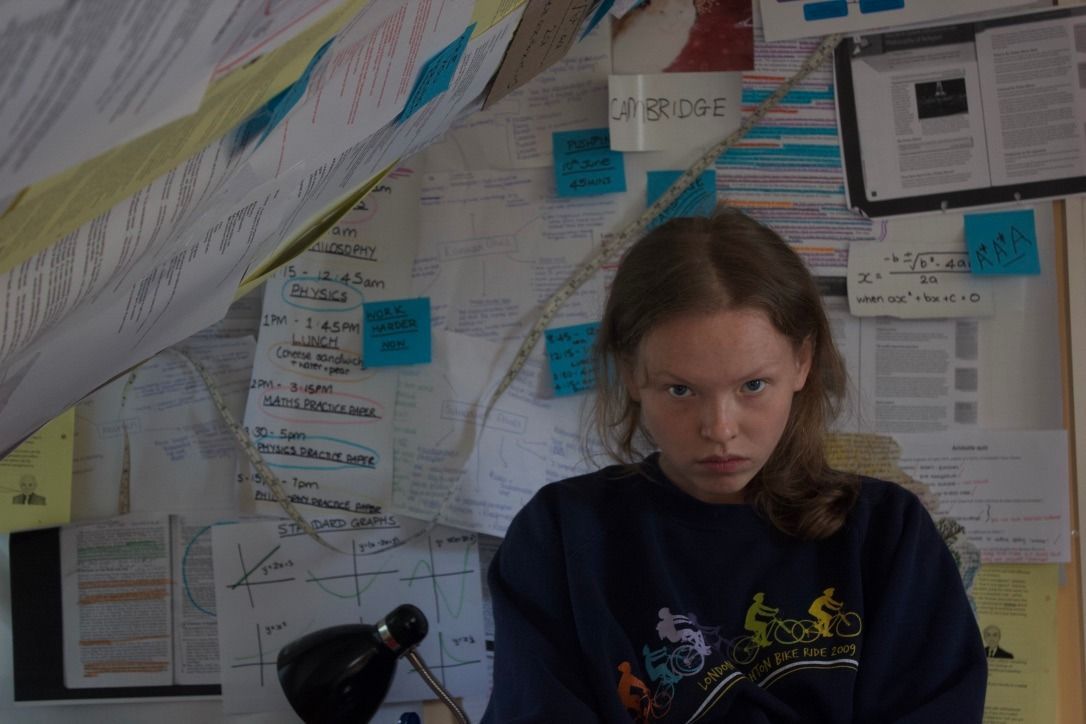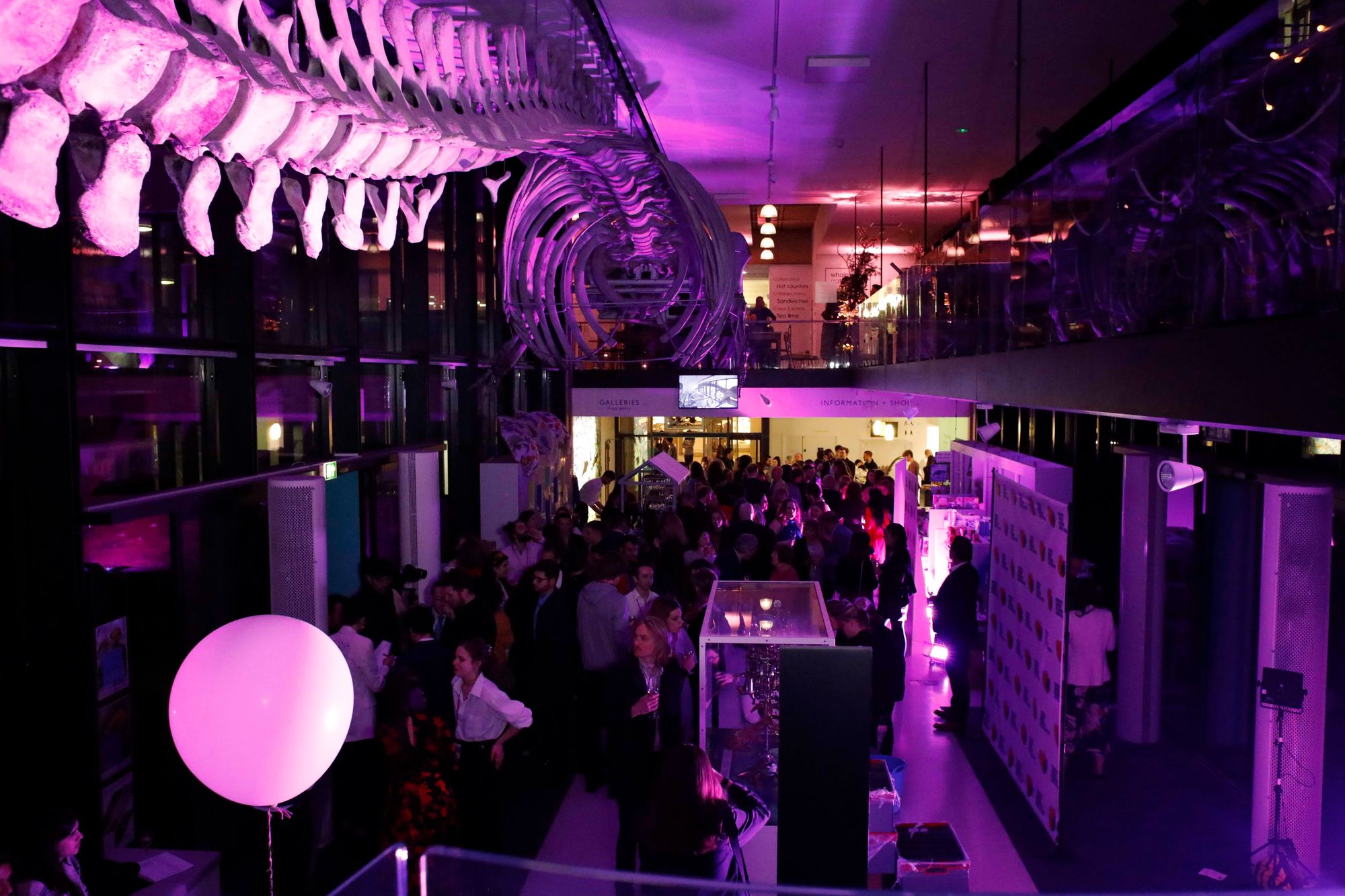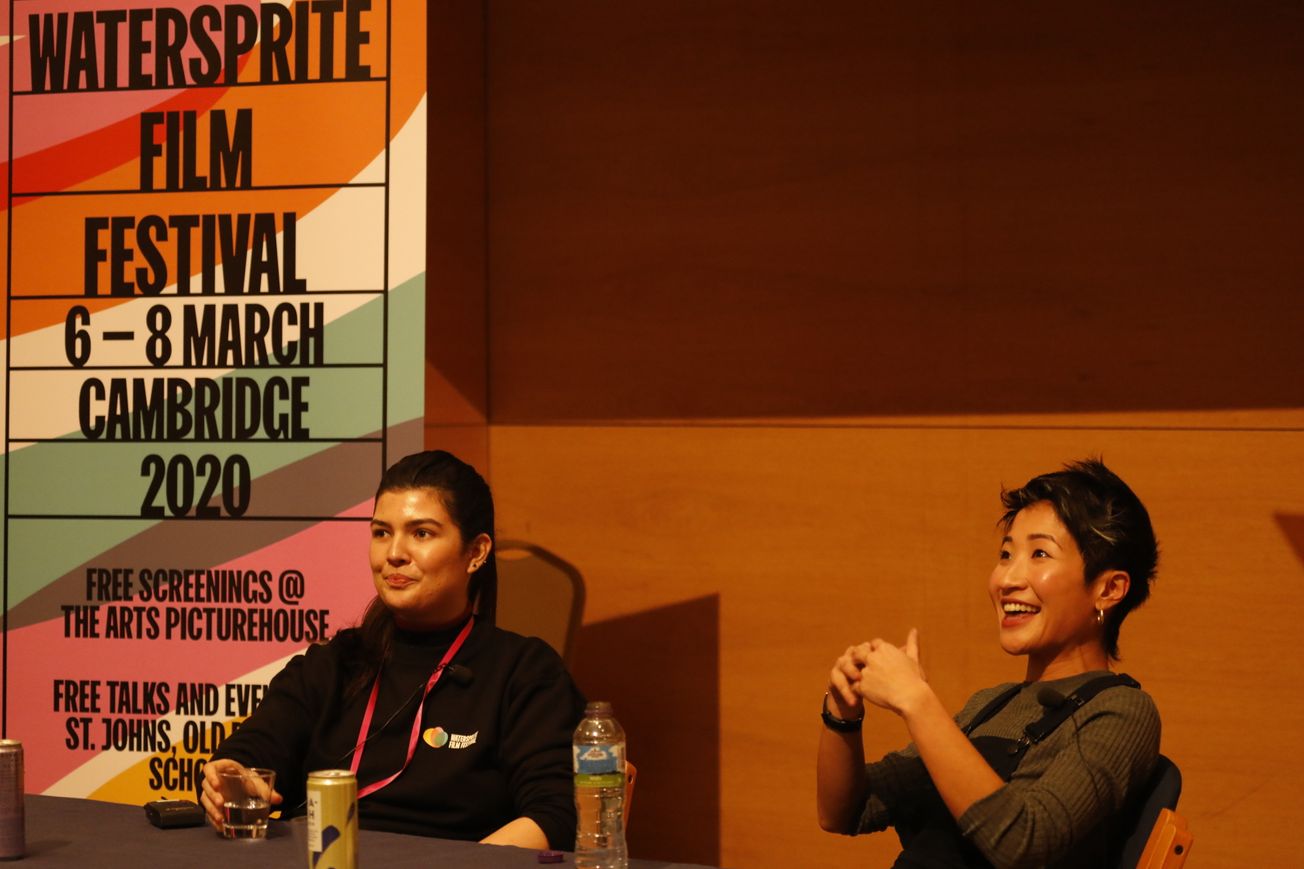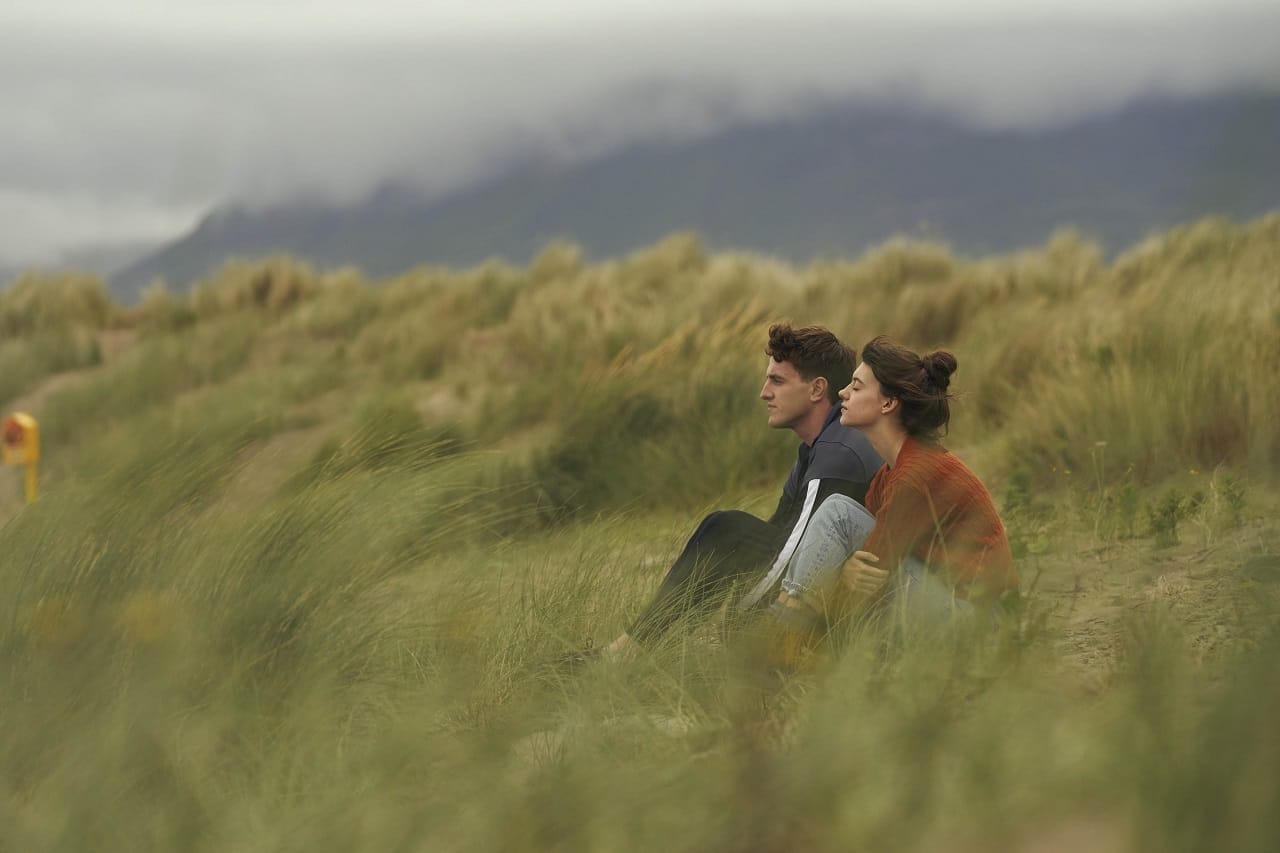By Maddy Raven, Film & TV Editor
Since 2008, the Watersprite Film Festival has been a strong voice in the student filmmaking community, championing the voices of emerging filmmakers from over 100 countries. It’s the UK’s largest international film festival, and it’s almost entirely run by a student committee.
A voice for under-represented voices in cinema, the Watersprite Film Festival runs screenings, learning opportunities and events throughout the year, “providing opportunities to inspire audiences and raise awareness about film”.
In response to the Coronavirus pandemic and its effect on the modern world, the Cambridge-based festival team have launched a new project: The Creativity in Crisis Short Film Award. The award is intended to be aimed towards filmmakers who have created content during the pandemic: hoping to unearth ‘the most inventive and resourceful ways of depicting this peculiar experience will be awarded’. Submissions from all over the world are encouraged, as the committee would like to see how the pandemic has affected different parts of the globe.
Bristol is a city laden with famous locations from film and television, and also has a vibrant filmmaking community. The Indoors Project, an online film festival and the brainchild of Daniel Sved, celebrated the work of Bristol students during lockdown, including films by Laura Marcus, Bron Waugh, Ada Player and Amaan Khalid.

An offshoot of the Indoors Project, Storytellers is also an example of student filmmaking at Bristol during the COVID-19 pandemic. A collaborative storytelling venture, created by Ada Player and Bron Waugh, with three episodes currently available via Instagram, Storytellers is a wonderfully inventive and strange collection of stories. With music by Ed Lyness, who also composed the score for a production of A Midsummer Night’s Dream at the Wickham Theatre in 2019, and sound design by Harry Byrne, these two projects are a glowing example of why Bristol is a student filmmaking capital.
Indoors Project turns the camera back on lockdown in an innovative isolation film festival
The response to the COVID-19 pandemic at Bristol has been staggering: not only has there been a filmmaking response, but theatre companies have sprung up in its wake! Celebrating their first performance on the 6th July, Theatre-19 performed Office Hours (Norm Foster) online, raising over £300 for the Many Minds charity.
To enter the award, films must have been shot and edited after the 11th March 2020, when WHO declared COVID-19 a pandemic. However, the film does not have to explicitly be about COVID-19, but it must be inspired in some way by the events of the global pandemic, its aftermath or your experience of lockdown.

Obviously, the process of making your film should have followed the rules of lockdown in your particular country, but it can take any form: it only has to be submitted by the 12th August. It could also be considered for the Watersprite Genre and Technical Award categories, provided that it meets the criteria for those.
The entrant must upload a production diary to the submission, marking the dates of filming and editing process. The website also offers a template for a production diary if you haven’t completed one.
Next year’s Watersprite Film Festival will be held in Cambridge from the 5th to the 7th of March, 2021. It remains a testament to the talent and inventiveness of the student community, and of young people, around the world and in the UK, despite the current crisis.
Featured: Indoors Project / Laura Marcus, Watersprite Film Festival
Will you be attending Watersprite Film Festival in 2021?









